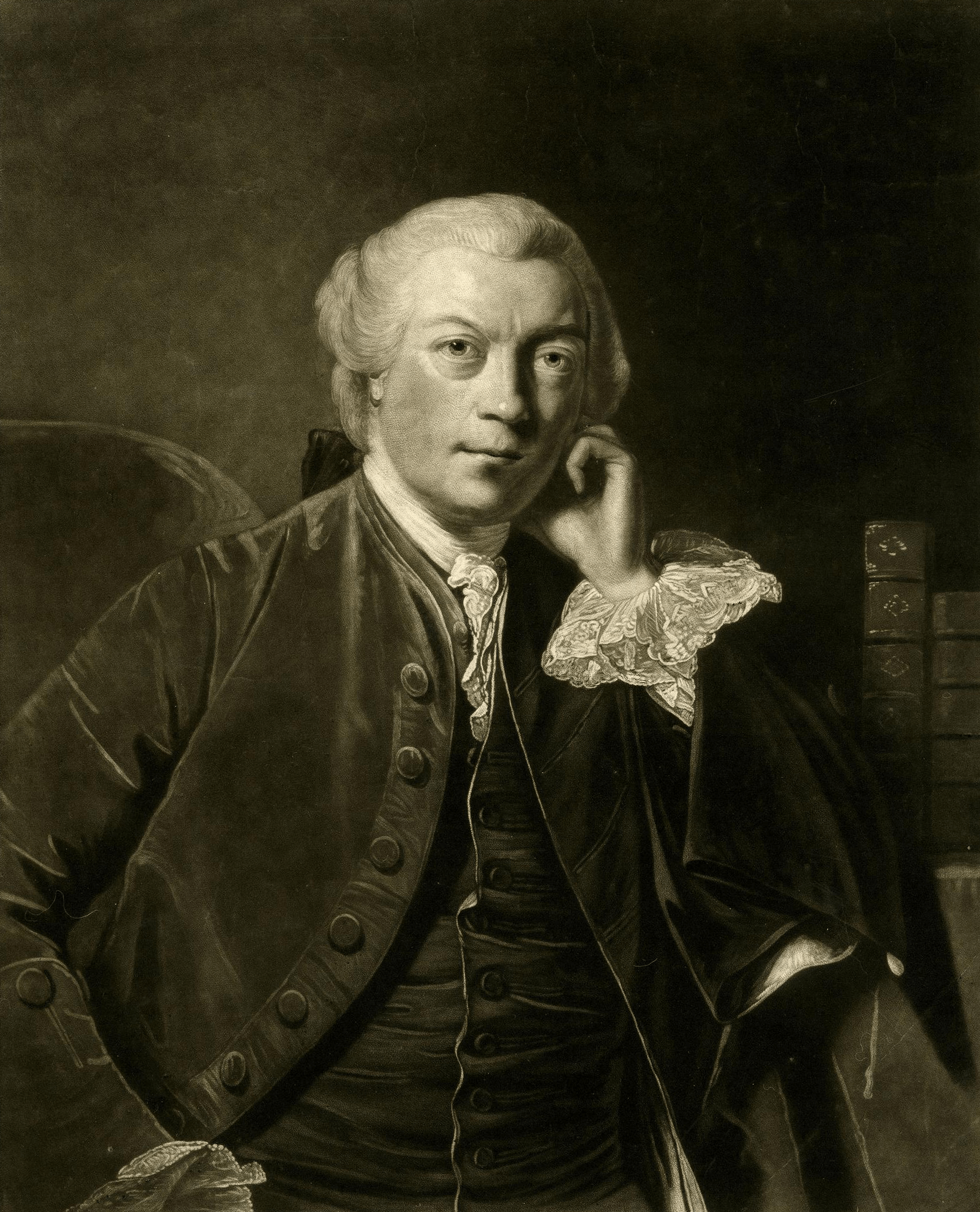Soame Jenyns (Q387537)
Jump to navigation
Jump to search
* 1704, + 1787-12-18, British writer
| Language | Label | Description | Also known as |
|---|---|---|---|
| English | Soame Jenyns |
* 1704, + 1787-12-18, British writer |
Statements
1 January 1704Gregorian
0 references
18 December 1787Gregorian
0 references
Education: privately tutored until age 17, entered St John's College, Cambridge, as a fellow commoner in 1722 and matriculated in 1724, left 1725 w/o a degree
Career: married heiress Mary Soame 1726 until she left him in 1742, succeeded his father as the squire of Bottisham in 1740, remarried to his cousin, Elizabeth Gray 1754, Whig politician -- elected to represent Cambridgeshire in 1741 as the preferred candidate of Lord Chancellor Hardwicke, returned in 1747, removed 1753, compensated with £600 (until 1755) and provided with a safe seat purchased for him in the rotten borough of Dunwich, appointed one of the lords commissioners of trade and plantations, re-elected to parliament 5 more times
Periodicals etc.: Robert Dodsley's Collection of Poems. By Several Hands (1748), published five essays in the World in 1755, ‘Epitaph on Johnson’ published in GM 1783
Overall: While at university, Jenyns excelled at writing amatory and satiric verse in the post-Restoration style. In 1730 he produced a manuscript volume of songs and love poems dedicated to Lady Margaret Cavendish Harley, a large portion of which was published in Dodsleys' collection. This led to his recognition as a wit and satirist. He published a few collections and continued to write occasional verse and jeux d'esprit, though he shifted his focus to essays on social, political, religious, and economic subjects. His Free Inquiry was ridiculed by Samuel Johnson. He lived a life of "rural" comfort as squire of Bottisham until he began his extensive career as a Whig politician.
0 references
Sitelinks
Wikipedia(0 entries)
Wikinews(0 entries)
Wikiquote(0 entries)
Wikisource(0 entries)
Wikivoyage(0 entries)
Other sites(1 entry)
- wikidatawiki Q7549768
